Dance in Wales branded elitist by report
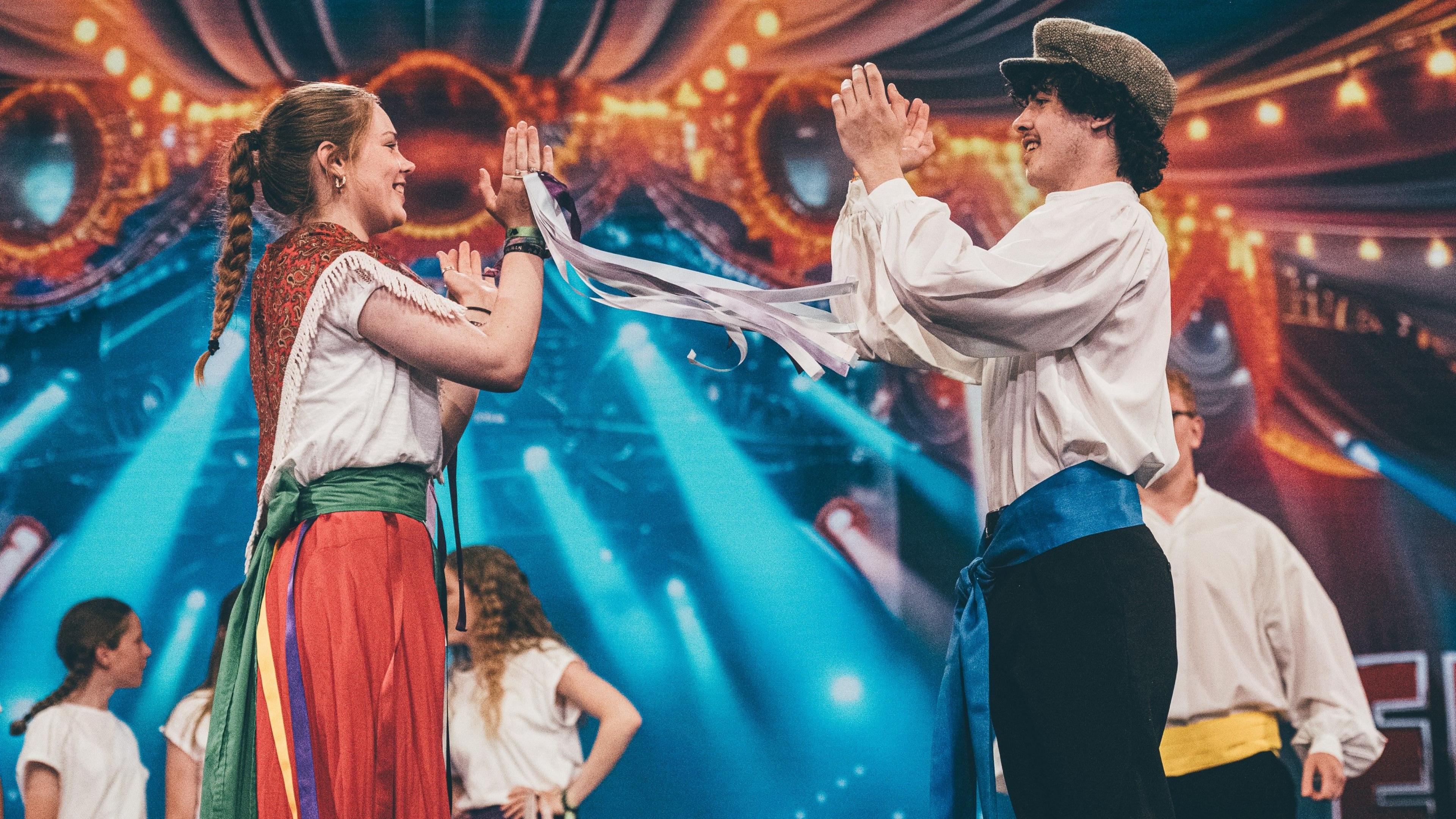
The report says dance in Wales is "elitist, tokenistic and non-diverse" and lacks investment and recognition
- Published
Dance in Wales is "elitist, tokenistic and non-diverse" and lacks investment and recognition, a new report has said.
The review, led by consultant and researcher Karen Pimbley, external, highlighted funding gaps and called for better planning, more community hubs and stronger links with schools to improve the situation.
Some contributors said they feared folk dancing and clogging could disappear without more support.
In response, the Arts Council of Wales, external has launched an action plan with £350,000 for development in 2025-26, including appointing dance experts, expanding training, improving access and promoting Welsh language and culture.
This report follows similar reviews on folk singing in Wales last week and Ms Pimbley has emphasised the "urgent need for reimagining, rebuilding and reinvesting" in the dance sector.
Professional Welsh arts could disappear - claim
- Published14 November 2024
Sheen to fund new national theatre for Wales
- Published10 January
The Arts Council of Wales commissioned the report, which drew on extensive consultation with dance artists, companies, venues, educators and audiences.
It offered 11 recommendations to tackle funding gaps and improve infrastructure, including:
Appointment of a dance specialist to Arts Council of Wales
Provide funding for bursaries to enable talented individuals to attend Centres for Advanced Training (CAT)
Establish an independent panel to oversee national planning and implementation
Develop community hubs to enable collaboration
Embed the Welsh language and culture into dance practice
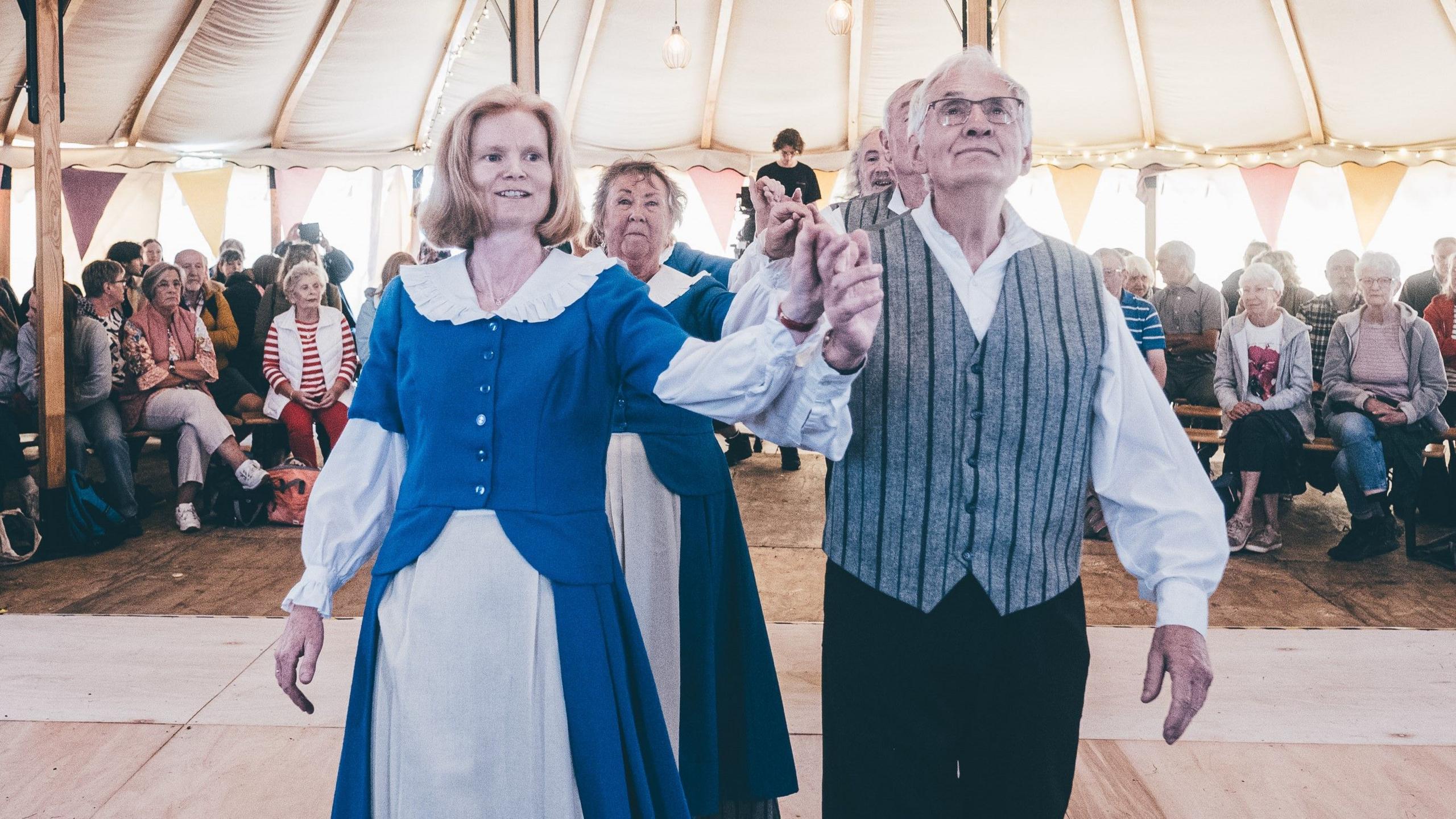
The report warns that folk dancing is viewed as "old fashioned" instead of a "vibrant representation of Welsh culture"
The report also highlighted that members of the Welsh Folk Dance Society expressed concern that traditional dance had often been overlooked and feared it was seen as "old fashioned" rather than a "vibrant representation of Welsh culture".
It did also highlight traditional dance as having "untapped potential" as a tool for learning Welsh and said Project Eight's, external two-year plan to promote and celebrate traditional dance was an example of good practice.
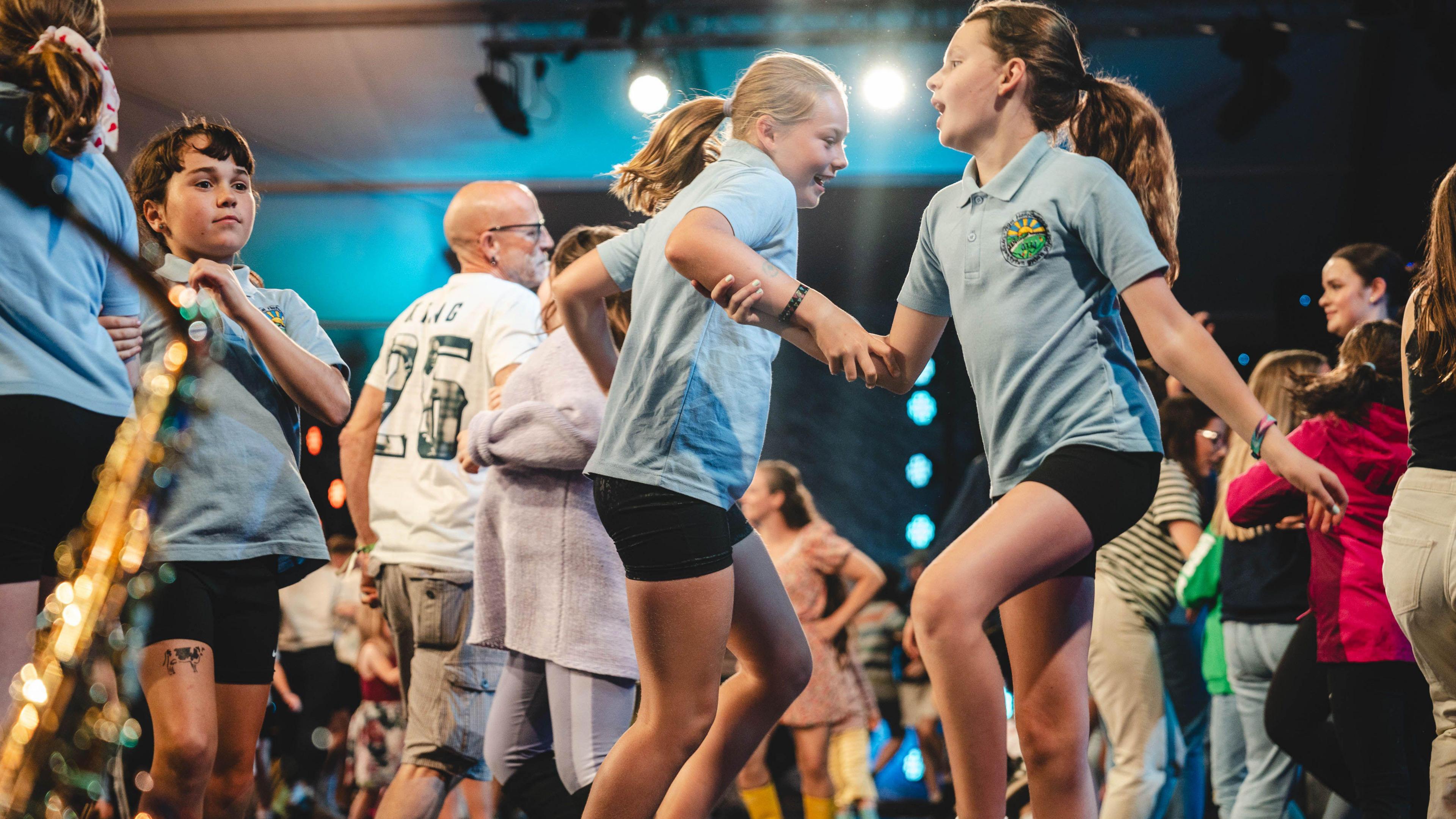
The report also says fewer people now compete in clogging and folk dancing
Chief Executive of the Arts Council of Wales Dafydd Rhys praised the dance community in Wales for its "remarkable resilience in the face of deep structural challenges".
Since the review, Mr Rhys said the organisation had two dance specialists, Emily Bamkole and Julia Sangani, and a "comprehensive action plan" to give dance "the support it deserves".
The Welsh government said it increased Arts Council of Wales funding by 9.2% this year and welcomed its response to the report.
Related topics
- Published30 March 2024
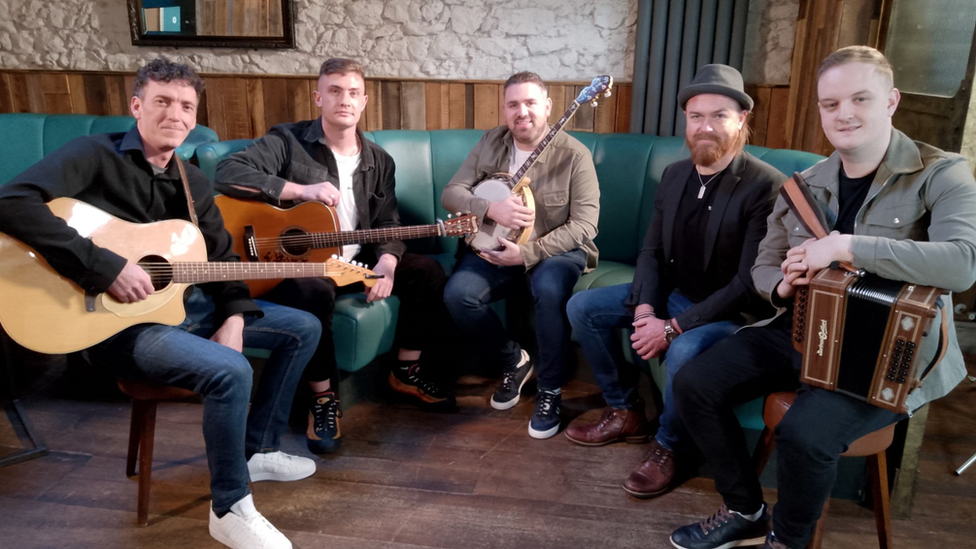
- Published24 June
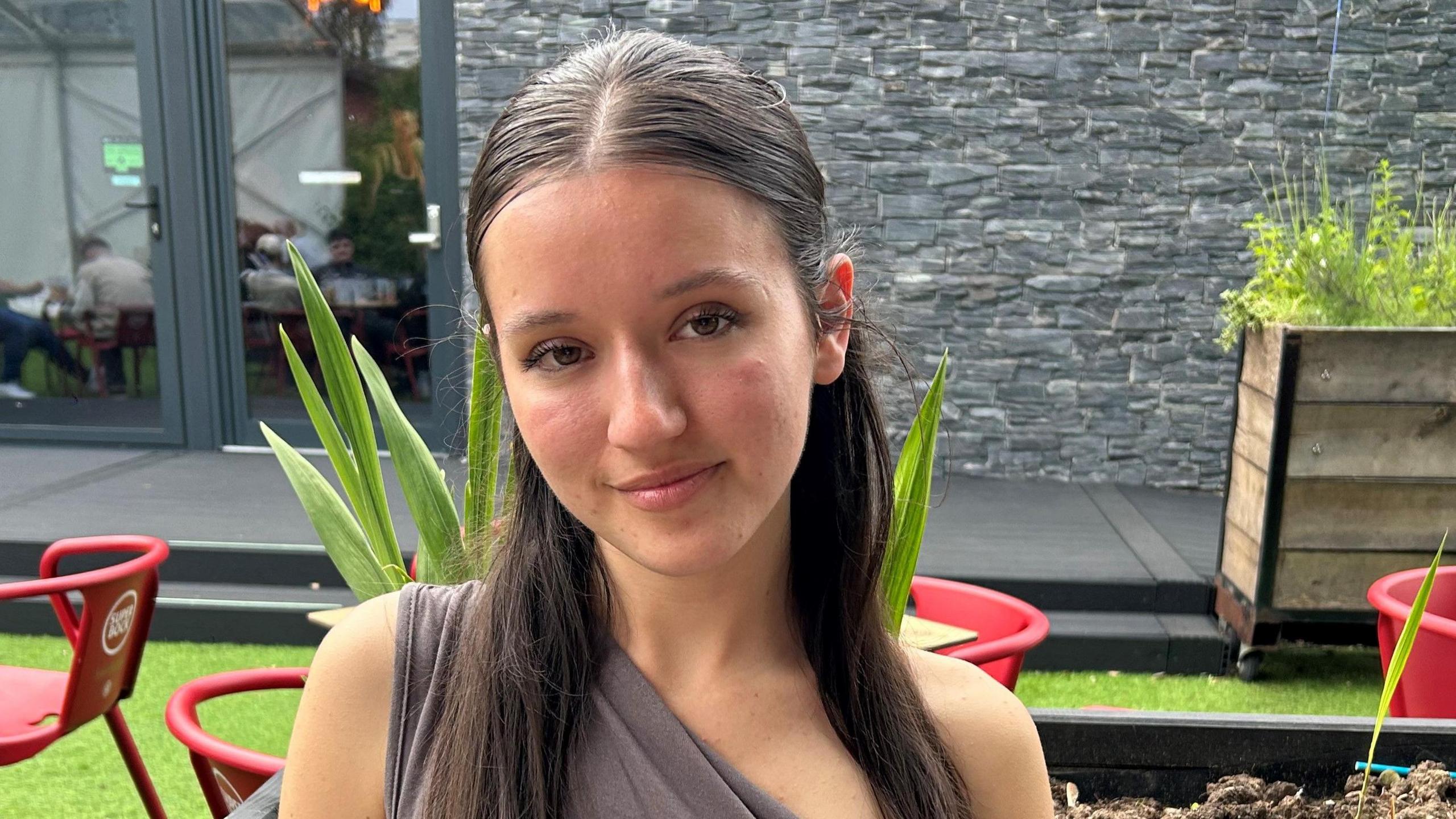
- Published23 May 2024
